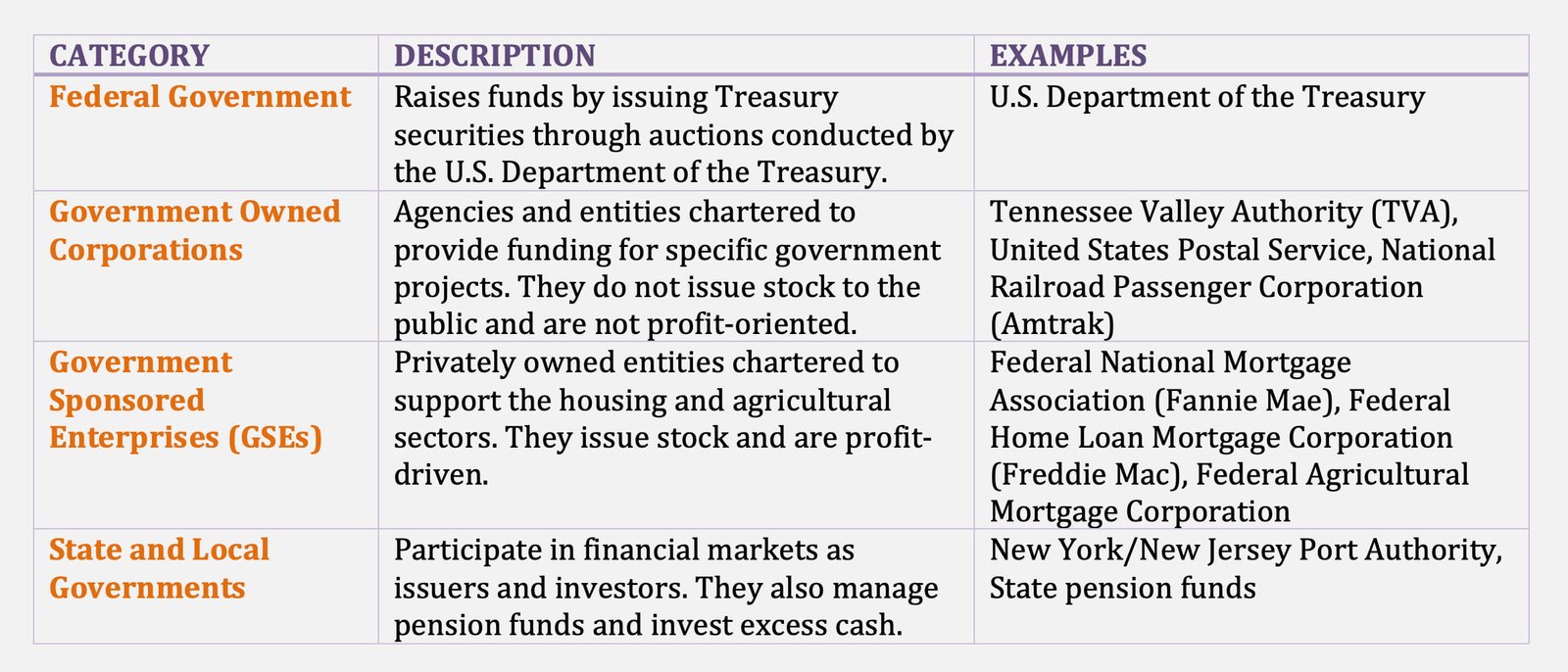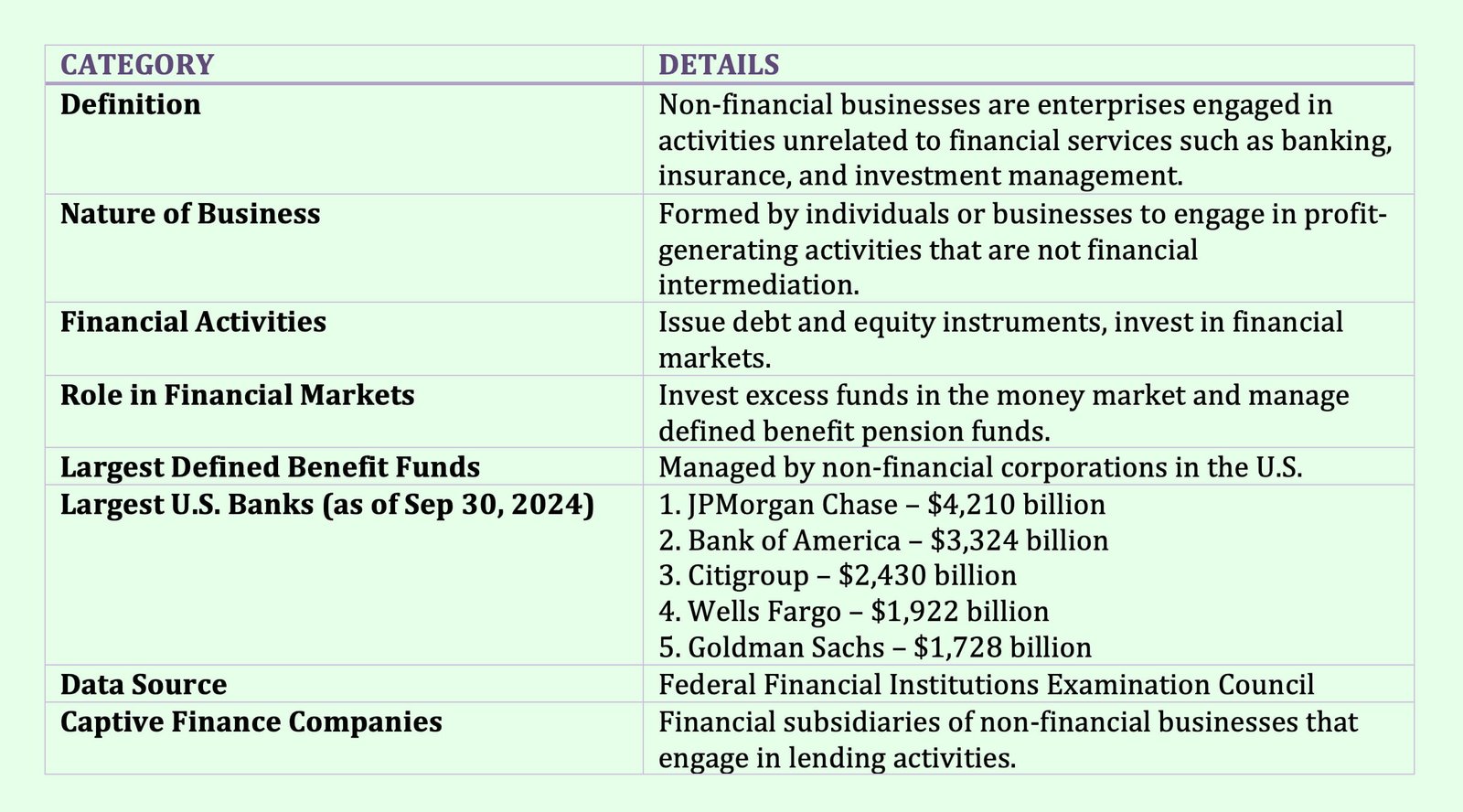Table of Contents
Investment Companies
Investment companies also known as asset management companies, manage the funds of individuals, businesses, and state and local governments, and are compensated for this service by fees that they charge.
The fee is tied to the amount that is managed for the client and, in some cases, to the performance of the assets managed.
Some asset management companies are subsidiaries of commercial banks, insurance companies, and investment banking companies.
The types of accounts, clients, and lines of business of asset management companies include:
- Regulated Investment Companies (RICs)
- Exchange Traded Funds (ETFs)
- Hedge Funds
- Separately Managed Accounts (SMAs)
- Pension Funds (PFs)

Regulated Investment Companies
Regulated investment companies (RICs) are financial intermediaries that sell shares to the public and invest those proceeds in a diversified portfolio of securities.
Asset management companies are retained to manage the portfolio of RICs. Various U.S. securities laws regulate these entities.
Exchange Traded Funds
As an investment vehicle, open-end funds (i.e. mutual funds) are often criticised for two reasons. First, their shares are priced at, and can be transacted only at, the end-of-the-day or closing price. Specifically, transactions (i.e., purchases and sales) cannot be made at intraday prices, but only at closing prices. Second, while we did not discuss the tax treatment of open-end funds, we note that they are inefficient tax vehicles.
Hedge Funds
A hedge fund is a pooled investment fund that holds liquid assets and that makes use of complex trading and risk management techniques to aim to improve investment performance and insulate returns from market risk.
Separately Managed Accounts
Instead of investing directly in stocks or bonds, or by means of alternatives such as mutual funds, ETFs, or hedge funds, asset management companies offer individual and institutional investors the opportunity to invest in a separately managed account (also called an individually managed account).
Pension Funds
A pension plan fund is established for the eventual payment of retirement benefits. A plan sponsor is the entity that establishes the pension plan.

